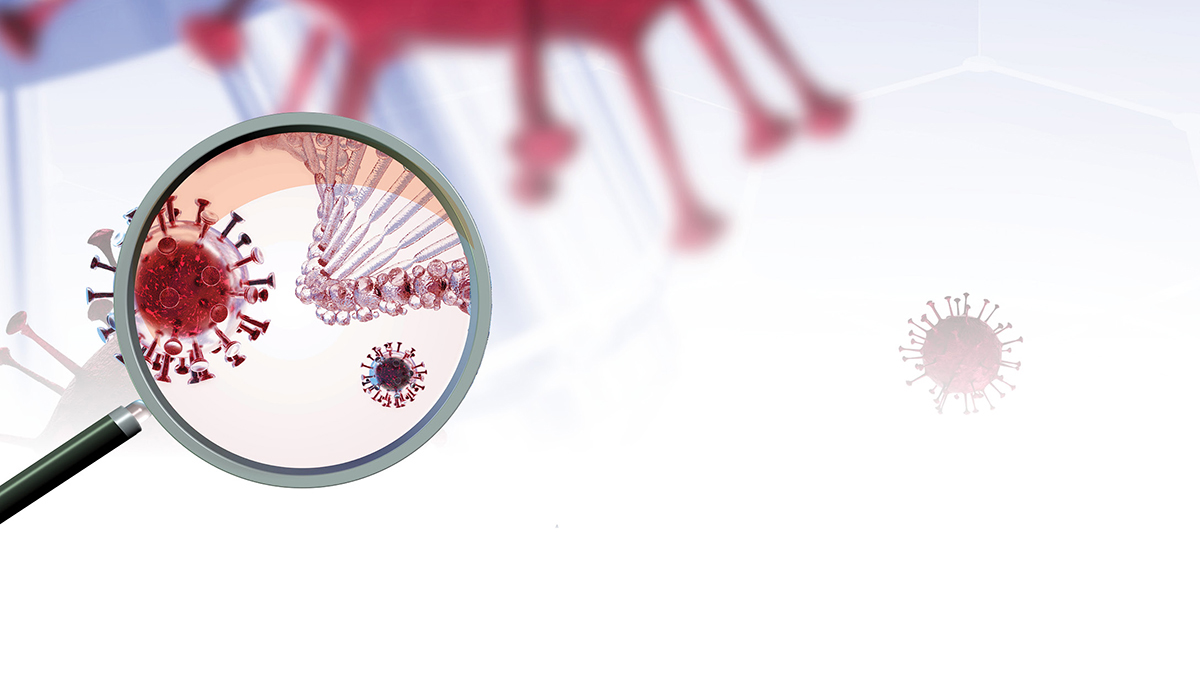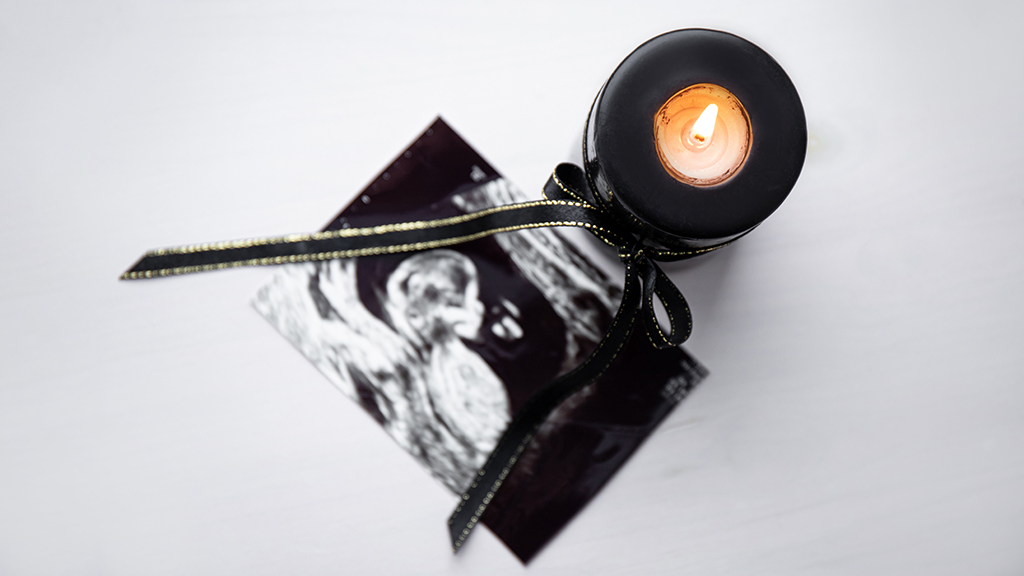special issue
The Science of COVID-19
An Online Course for Teachers and Their Students
The Science Teacher—January/February 2023 (Volume 90, Issue 3)
By Matthew Johnson, Tiffany Lewis, Kit Martin, Amber Cesare, Anthony Schmitt, Eugene Lengerich, Kristin Bittner, and Chris Divyak

special issue
Introduction to the Special Issue on Immunology
The Science Teacher—January/February 2023 (Volume 90, Issue 3)
By Colby Tofel-Grehl and Brooke A. Whitworth

Editor’s Corner
Did the Pandemic Impact the Brains of Our Science Students?
The Science Teacher—January/February 2023 (Volume 90, Issue 3)
By Ann Haley MacKenzie
Press Release
The National Science Teaching Association Sells Arlington Headquarters Building for $14M to The FORTIS Companies
CBRE represented NSTA in the transaction, which included the sale of the entire one-acre site, including a 48,000-square-foot office building and two restaurants
Association News
NSTA Announces Sale of Headquarters Building
By Erika Shugart, Ph.D., NSTA Executive Director, and Elizabeth Mulkerrin, Ed.D., NSTA 2022–2023 President
Posted on 2023-01-12
Cords, Coffee Tables, and Cadavers
Mini Cases on Cardiac Output
By Sheri L. Boyce

Freebies and Opportunities for Science and STEM Teachers, January 10, 2022
By Debra Shapiro

Safety Blog
Laboratory Eye Protection Denial Syndrome
By Ken Roy
Posted on 2023-01-03

Can We Risk It Again?
Genetics and Recurrent Pregnancy Loss
By Melanie E. Peffer

Can Birds “Keep Up” with Earlier Springs?
By Casey Youngflesh, John C. Withey



